Optimal Timing for Tree Trimming
Tree trimmings are an essential part of maintaining healthy and attractive trees. Proper timing ensures optimal growth, disease prevention, and aesthetic appeal. Understanding seasonal patterns helps determine the most effective periods for trimming.
Ideal for shaping trees and removing dead branches after dormancy ends. Promotes healthy growth during the active season.
Used to thin out dense foliage and improve air circulation. Should be done carefully to avoid stress on the tree.
Suitable for removing weak or damaged branches before winter. Encourages strong growth in the following season.
Best for dormant trees, reducing stress and allowing clear visibility for precise cuts. Minimizes disease risk.
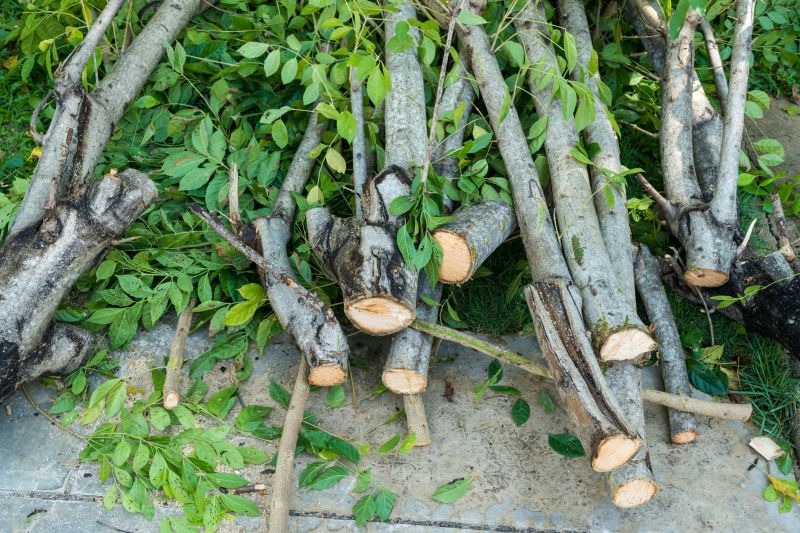
Spring trimming promotes healthy growth and prepares trees for the active season.
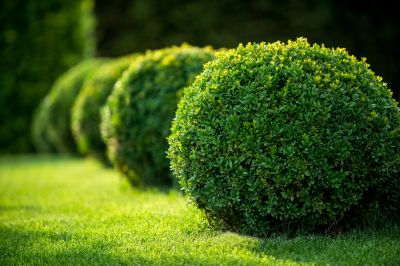
Summer trimming helps manage dense foliage and improves tree health.
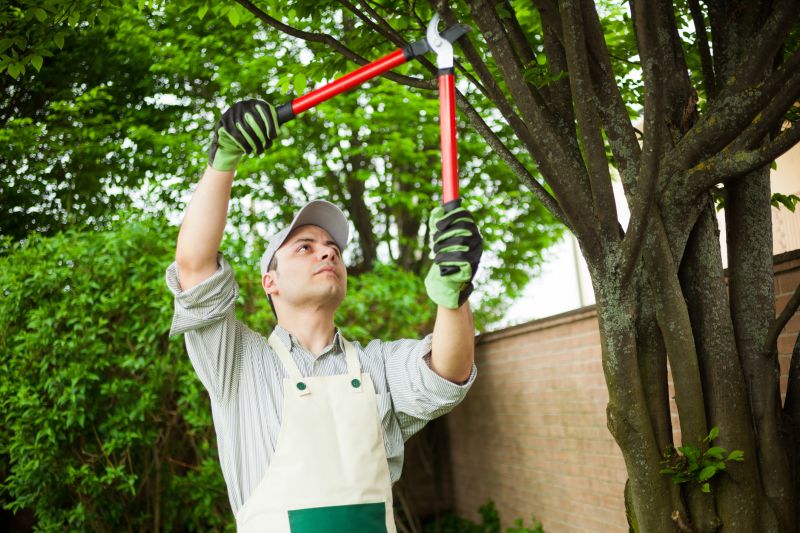
Fall trimming removes damaged branches and prepares trees for winter.
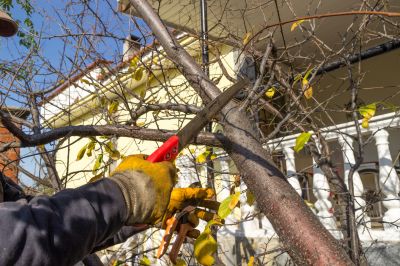
Ways to make Tree Trimmings work in tight or awkward layouts.
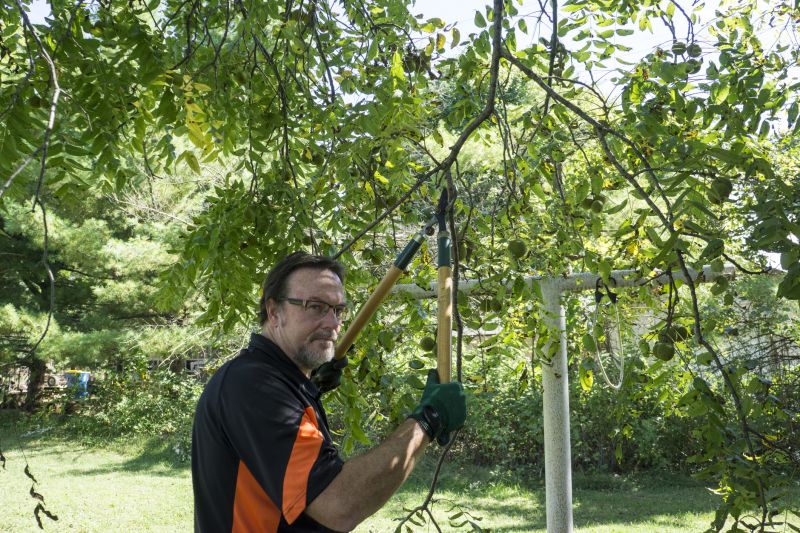
Popular materials for Tree Trimmings and why they hold up over time.
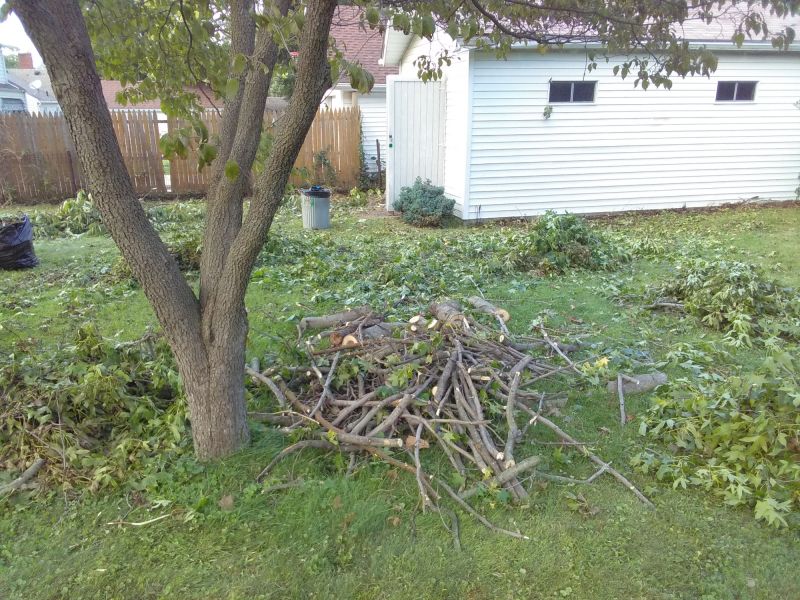
Simple add-ons that improve Tree Trimmings without blowing the budget.
| Season | Recommended Trimming Time |
|---|---|
| Spring | Late winter to early spring before new growth begins |
| Summer | Mid to late summer for thinning and shaping |
| Fall | Late fall before dormancy |
| Winter | Dormant period, late winter to early spring |

Proper timing supports vigorous and healthy growth.

Using the right tools ensures clean cuts and healthy healing.

Local climate influences the best trimming schedule.

Aligning trimming with seasons optimizes tree health.
Interested in scheduling tree trimmings? Filling out the contact form can connect property owners with professional services to ensure trees are maintained at the optimal times for health and safety.
